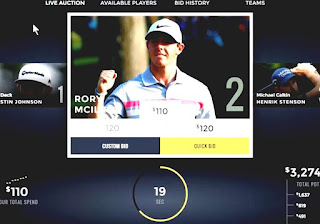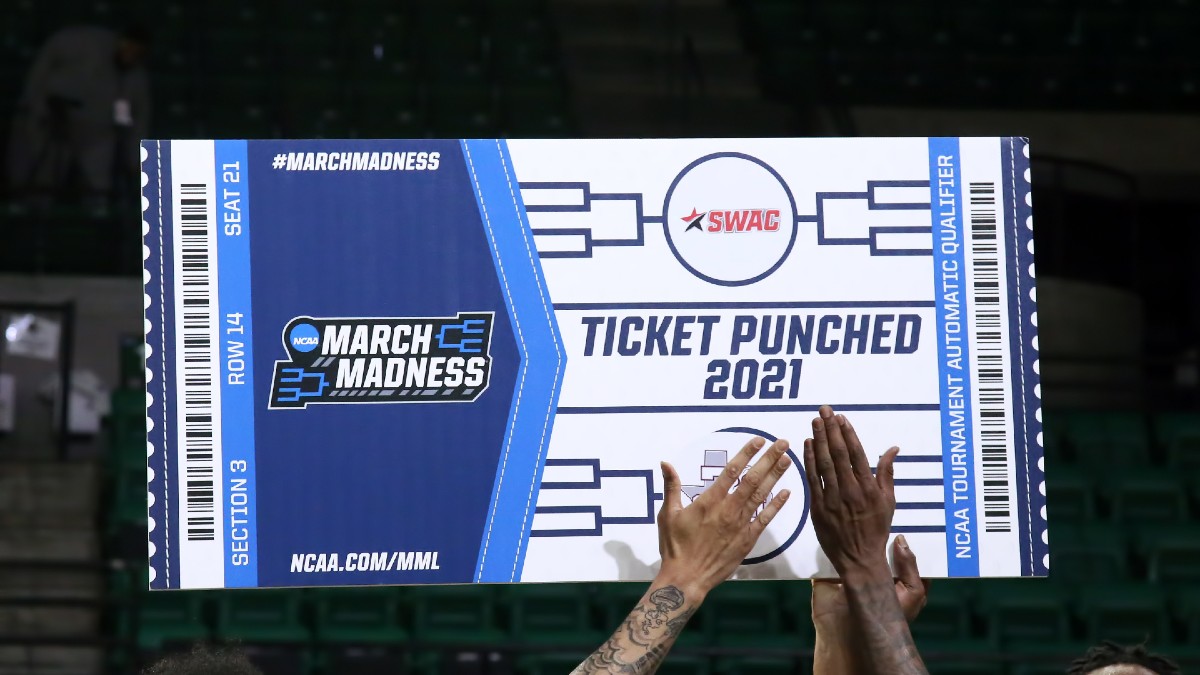
Each team's price is driven by expected performance. In March Madness Calcuttas, tourney entrants are auctioned off - typically in person, Sotheby's-style (without the artistry or elegance, of course). One reliant on gut and analysis, the other on spreadsheets and analytic models. But I know anecdotally they are held across the country, and the gamblers tend to fall into two categories: jocks and quants. There's no official count and no way to even reasonably estimate how many Americans participate in an NCAA Calcutta. They called each auction a "Calcutta," after the then-capital where the auctions were held. Expats in 19th-century India held open auctions to bet on sports with multiple entrants, like golf and backgammon. Higher-stakes gamblers have a different NCAA tourney tradition, one with a name coined by their British wagering forefathers. More from įor the latest gambling news, read David Purdum on ESPN Chalk, 's gambling section. You don't get to $26 billion with $20-per-sheet office pools. But there are bets, and then there are bets. Friendly bracket pools are everywhere, with most everyone betting on the NCAA tournament in some form. On the high end, veteran bookmakers estimate the number to be anywhere from $12 billion to $26 billion.


On the low end, the FBI estimated in 2013 that $2.6 billion was bet illegally on the tournament. That's more than twice what's legally bet on the Super Bowl but just a fraction of the overall total, a subject of great debate and a wide range of estimates. In Las Vegas, according to The New York Times, more than $200 million is legally bet on the tournament every March. THE NCAA TOURNAMENT is one of the most wagered-on events in sports. The restaurant manager returns from behind the oak doors. They inquire: Might the host like two NBA legends - and their significant bankrolls - as guests at his party?

Something, he thinks, to do with the NCAA men's basketball tournament, which will kick off less than 48 hours later. It's a private party, the bartender explains. They can't see much, but as they listen closely, they make out words and phrases. And they're curious.įor an hour now, they've been hearing a steady stream of muffled voices coming from behind two large oak doors at the end of a long, dark hall. ON A TUESDAY night nearly 10 years ago at a standard-issue Chicago Italian chophouse, Charles Barkley and Scottie Pippen are sitting at the bar. This story appears in ESPN The Magazine's Feb.


 0 kommentar(er)
0 kommentar(er)
